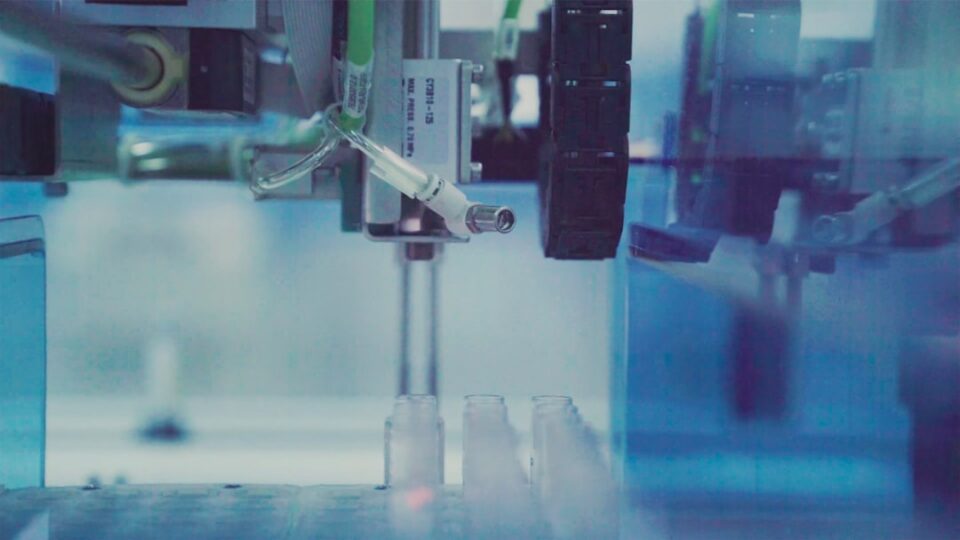The Future of Artificial Intelligence: Trends and Predictions
Artificial Intelligence (AI) has rapidly grown in prominence in recent years and is forecasted to have a profound impact on numerous industries in the future. The potential applications of AI are vast and diverse, ranging from autonomous vehicles to personalized healthcare. As technology continues to advance at an unprecedented rate, it is crucial to understand the emerging trends and predictions that will shape the future of artificial intelligence.
One major trend we can expect to witness in the future of AI is the increased integration of machine learning algorithms into various systems. Machine learning enables computers to learn and improve from experience without being explicitly programmed. This technology has already demonstrated its effectiveness in applications such as voice recognition and image classification. In the coming years, we can anticipate machine learning algorithms being incorporated into everyday devices, enhancing their capabilities and allowing for more seamless interactions between humans and machines.
Another significant trend in the future of AI is the development of more advanced natural language processing (NLP) systems. NLP focuses on enabling computers to understand and process human language in a way that is similar to how we communicate with each other. While we have already witnessed the rise of virtual assistants like Siri and Alexa, future developments are expected to bring even more sophisticated NLP systems that can accurately understand context, emotions, and nuances in human speech. This will revolutionize the way we interact with technology and enable more personalized and tailored experiences.
Furthermore, AI is predicted to have a substantial impact on the healthcare industry. The potential applications of AI in healthcare are vast, ranging from early disease detection to personalized medicine. With the abundance of digital health data being generated, AI algorithms can be leveraged to analyze vast amounts of patient data and identify patterns, enabling early detection of diseases and providing more accurate diagnoses. Moreover, AI can assist in drug discovery, making the process faster and more efficient. The integration of AI in healthcare has the potential to save lives and improve overall patient outcomes.
In addition to healthcare, AI is expected to transform the transportation industry. Autonomous vehicles are one of the most prominent examples of AI in transportation, with companies like Tesla and Waymo making significant advancements in this field. As the technology matures, we can anticipate fully autonomous vehicles becoming the norm, leading to safer and more efficient transportation systems. AI algorithms will enable vehicles to navigate complex traffic situations, react to unforeseen obstacles, and communicate with each other, reducing the likelihood of accidents and congestion.
Despite the numerous potential benefits of AI, concerns about its ethical implications and impact on the workforce are valid. As AI systems become more intelligent and capable, questions arise regarding their decision-making process and the potential for biases to be embedded in algorithms. To ensure the responsible and ethical use of AI, it is essential for organizations and policymakers to develop robust regulations and guidelines that address these concerns.
Moreover, the rise of AI also raises questions about the future of employment. While AI has the potential to automate certain tasks and eliminate certain jobs, it also has the potential to create new job opportunities and enhance existing ones. As AI technologies continue to evolve, it will become increasingly important for individuals to upskill and adapt to new roles that leverage AI technology. The successful integration of AI into the workforce will require collaboration between humans and machines, with humans focusing on tasks that require creativity, critical thinking, and emotional intelligence.
In conclusion, the future of artificial intelligence holds tremendous potential for transforming various industries and improving our lives in countless ways. With trends such as increased integration of machine learning, advanced natural language processing, and applications in healthcare and transportation, AI is poised to revolutionize the way we interact with technology, ensure our well-being, and shape our future. However, as AI continues to advance, it is crucial to address ethical concerns and prepare for the changing nature of work. By embracing AI responsibly and harnessing its power, we can create a future that combines the strengths of both humans and machines.

